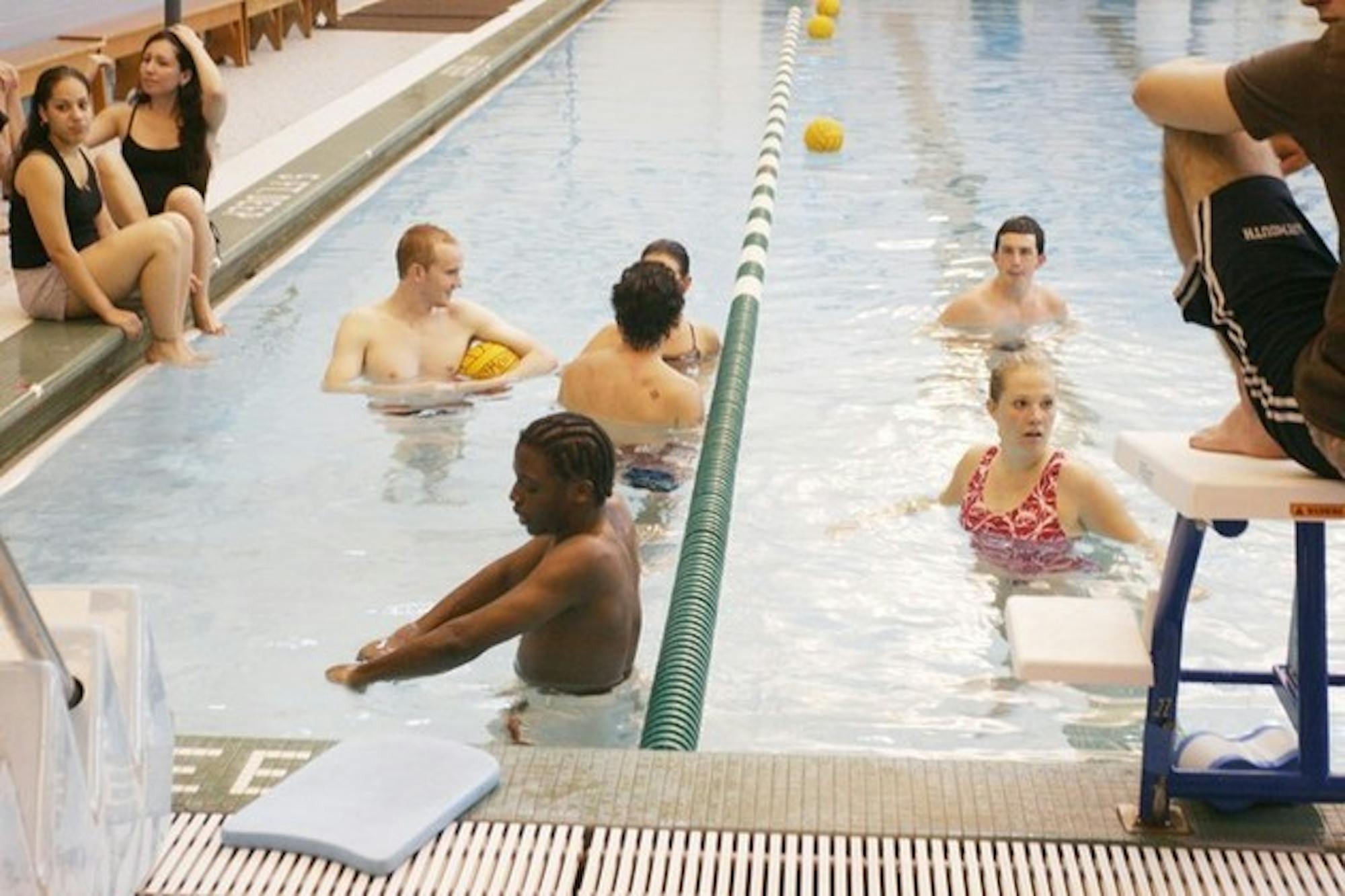Wilson's south Philadelphia high school was in turmoil when he was recruited for Summer Enrichment at Dartmouth, a program that brings 30 students from under-resourced high schools to Hanover for two to three weeks of summer classes, mentoring and a taste of residential college life.
At Wilson's 1400-student public school, only 45 percent of his class graduated and about 30 students went on to any kind of college. The school was taken over by the state and cut out of the city's charter because it was so badly in need of reform.
"I'd never even heard of Dartmouth," Wilson said. "There's no reason I would have ever heard of it or known what it was."
That all changed when he attended the SEAD program.
Wilson, now a Dartmouth student and SEAD staff member, said that for a long time he had been thinking about college, but money was "a huge issue." His high school counselor steered him away from private universities that he was told he would not be able to afford.
Neither of Wilson's parents finished high school, he said, so "when it came time for applying to college, they were lost."
Every other year, SEAD accepts 30 new students from five schools as near as Mascoma, N.H., and as far as California. The students are eligible because they receive federal aid for school lunch and they are selected based on academic promise. They come to Hanover for SEAD after their first year of high school and return for two subsequent summer sessions, where they learn basic academic skills, do community service and prepare for college admissions.
Program Director and Education Professor Jay Davis started SEAD in 2001 in collaboration with the Tucker Foundation and the education department. The purpose of the program, he said, is "to expand these high school students' concept of what's possible in their lives and to get them into college and have them successfully graduate."
He said that 75 percent of the students that have finished the program have gone on to college, thanks in large part to the wide participation of Dartmouth sophomores, who serve as mentors and academic coaches. There are over 350 sophomores who will interact with the SEAD kids this summer.
Davis said the program was expanded to include reunions in Hanover during the school year and a winter-long residency by Dartmouth volunteers at SEAD students' high schools.
A 1990 Dartmouth graduate, Davis said he wishes he had taken advantage of community service opportunities when he was a student at the College.
"Undergraduate life should be about interacting with people from different backgrounds," he said.
Assistant Program Director Annie Delehanty '06 said she realized she wanted to become an English teacher the day after she helped a SEAD student write her college admissions essay.
Delehanty said teaching is a career often overlooked by Ivy League students and that she had only vaguely contemplated it before participating in the program.
"I never knew that I could learn so much about a person just spending six hours helping her write her essay," Delehanty said.
After Wilson worked on his admission essays and took an SAT course during his third SEAD summer, he returned to Philadelphia ready to apply -- that is, until he ran into one more obstacle at his high school. He ended up applying late because the only counselor at his school quit, and "nobody could find the key to the office so they could get my transcript and ranking and send all that out."
"We had more disciplinarians than counselors," he said.
Nevertheless, Wilson became the first student from his high school to go to a college in the Ancient Eight -- a feat only about 20 students from Philadelphia's approximately 80 comprehensive public high schools accomplished that year, he said.
"Not many students from public high school in Philadelphia go to Ivy League schools," he said.
Five years after first getting involved with the program as a student, Wilson said that he has a certain credibility in the eyes of the SEAD students because "if you don't have money, you don't have money."
Wilson said that, when he was a student in the program, he could sometimes feel that difference between his SEAD mentors and himself.
"I would think both your parents went to college, you really don't know what I'm talking about. That's not something you'd always say, but it's always something you thought," he said.
19-year-old Jazmin Baez, in her third and final SEAD session, said she was "lucky to get picked" for the program because over 100 students applied from her high school in Dorchester, Mass.
"I lived life real hard," Baez said of her high school days in a gang. The recent high school graduate had to transfer to another nearby high school after getting into trouble in inner-city Boston, but managed to finish her diploma in three years by taking both 11th and 12th-grade classes simultaneously.
In the SEAD program, she said she has learned valuable social skills and gotten ready for the future, which she hopes will take her to a four-year college.
"I can't wait. I'm dying to go to college," Baez said. "I can't stand the ghetto anymore."




